Trace Element Dynamics in the Oligotrophic Northwest Pacific: Insights from the China GEOTRACES GP09 Cruise
This special highlight summarises published articles from the GP09 cruise in the Northwest Pacific Ocean…
This section presents the GEOTRACES scientific activities.
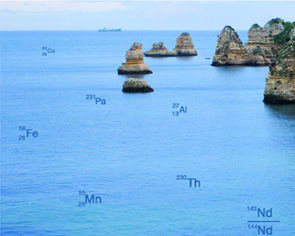
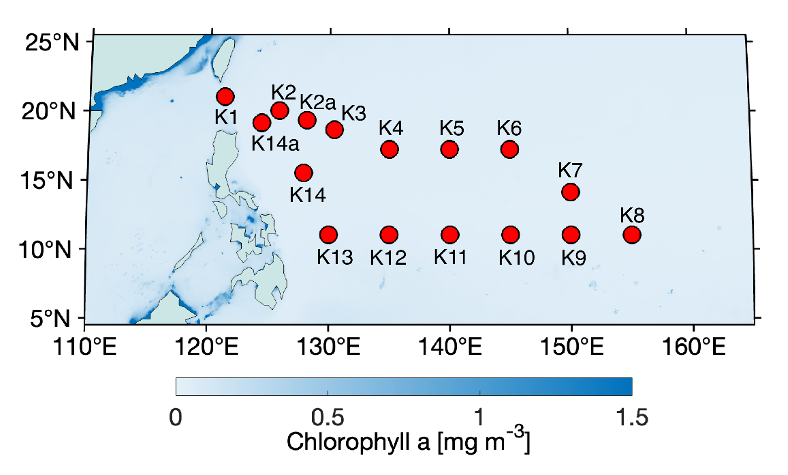
This special highlight summarises published articles from the GP09 cruise in the Northwest Pacific Ocean…
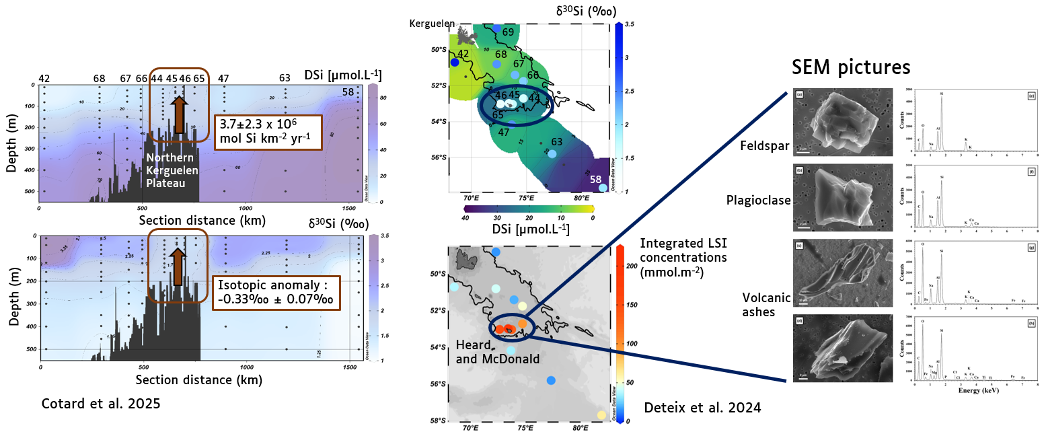
Establishing sources, transformations and sinks of dissolved silicon, a major nutrient in the Southern Ocean, is of primary importance…
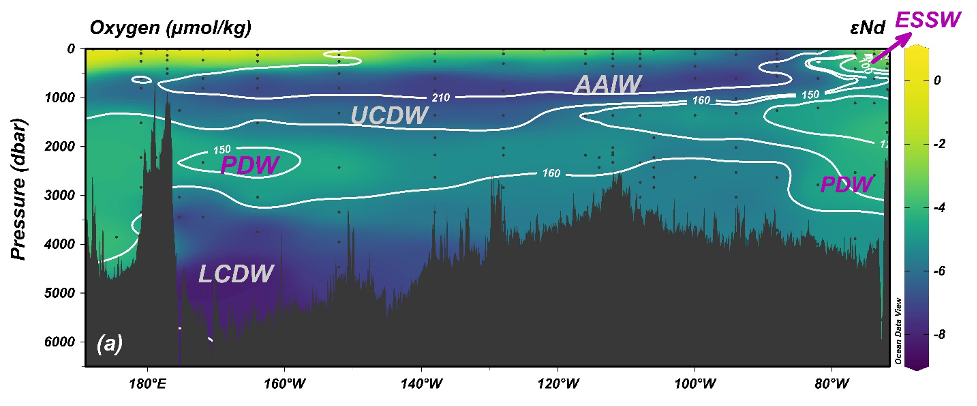
Zhang and co-workers present full-depth measurements of εNd and Nd concentrations along the GP21 transect across the South Pacific basin…
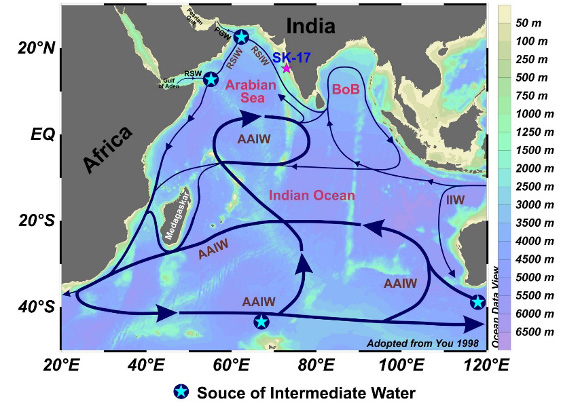
Shukla and co-authors reconstruct ventilation in the Northwestern Indian Ocean…
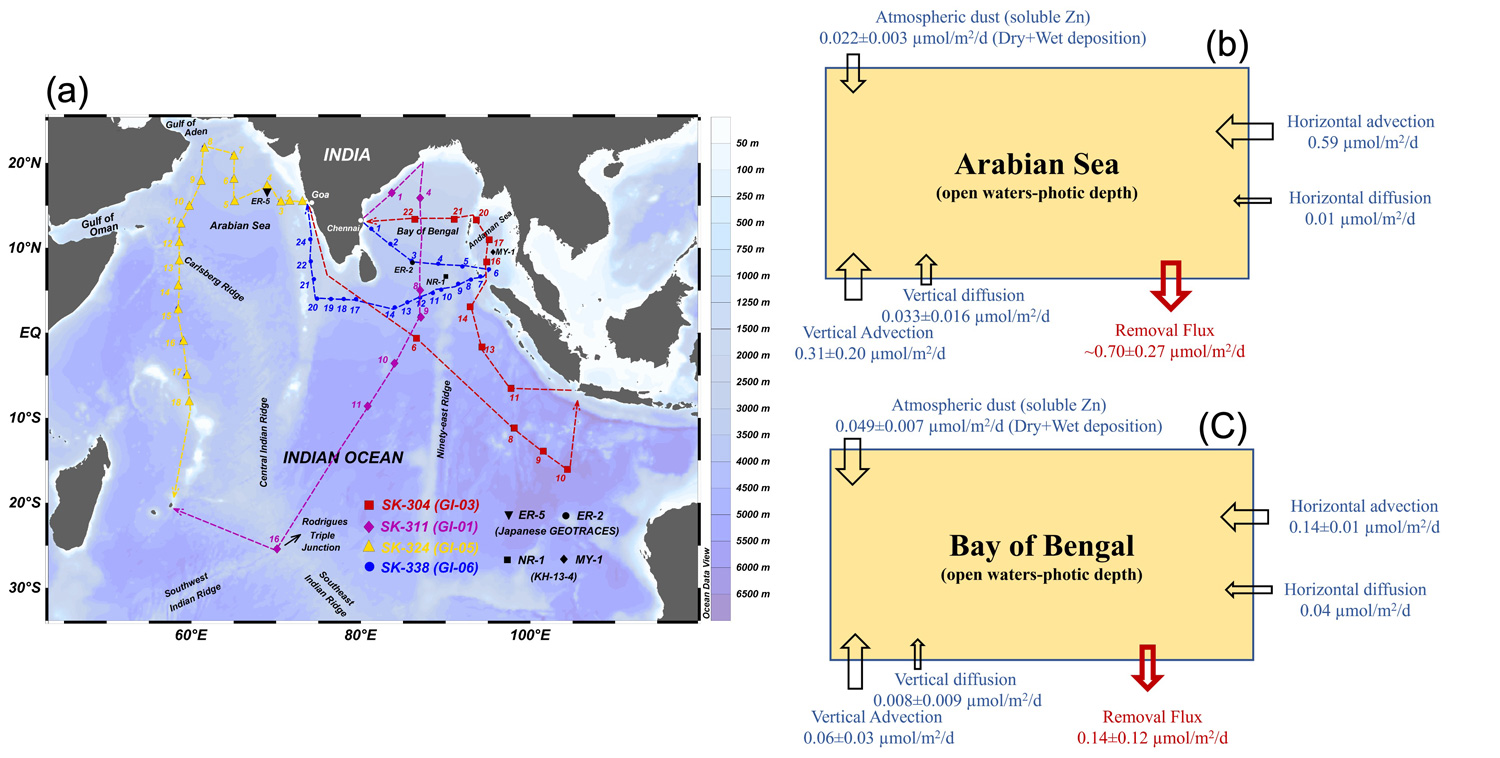
Chinni and his colleagues present dissolved zinc distributions across the Arabian Sea, Bay of Bengal and southern tropical Indian Ocean…
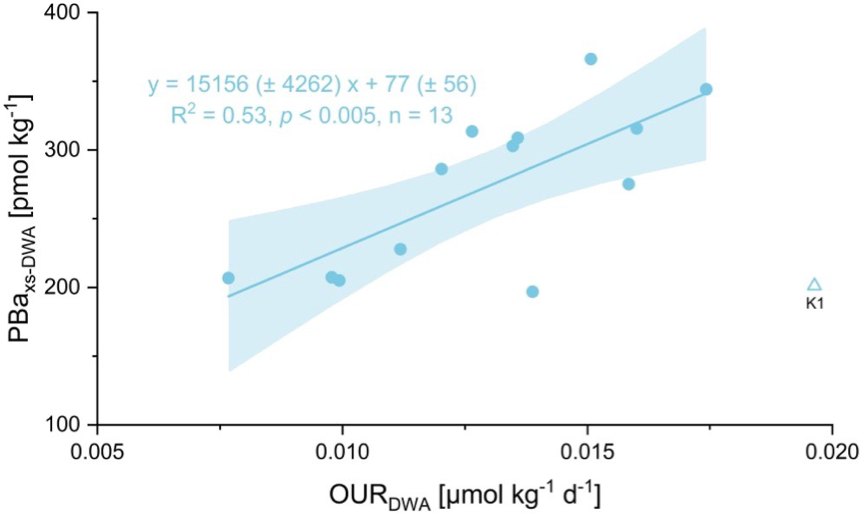
Yuan and co-workers quantify organic carbon remineralisation in the twilight zone of the China Sea using particulate excess barium as a proxy…
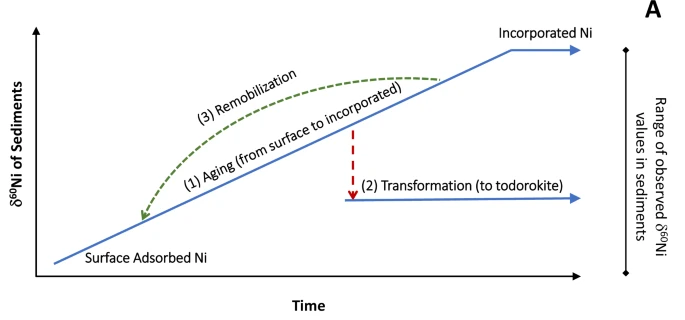
Nickel isotopic mass balance in the ocean stands among the less understood so far…

Using diverse geochemical proxies, Chu and colleagues analysed an iron–manganese crust to reconstruct central Pacific productivity over the past 23 million years.
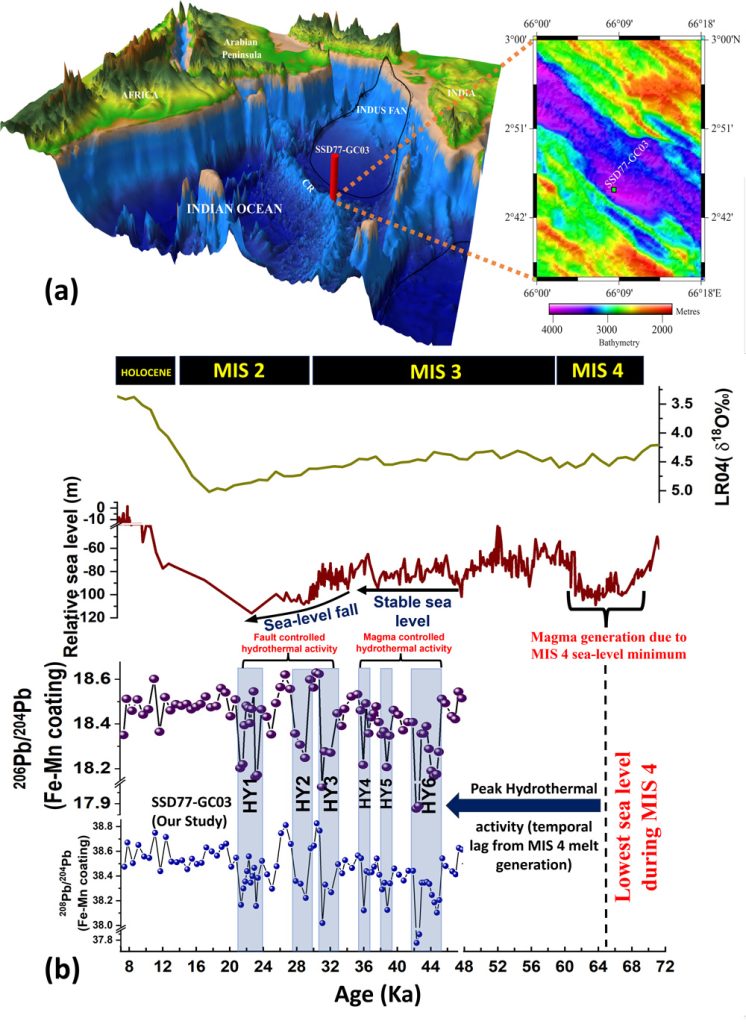
De and colleagues present the first millennial-scale reconstruction of hydrothermal variability at a mid-ocean ridge using lead isotopes from iron-manganese coatings…